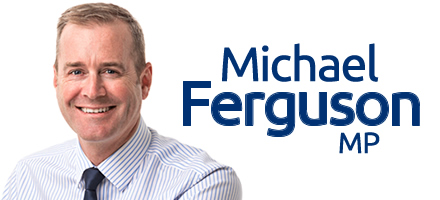The Hodgman Liberal Government’s One Health System reforms are delivering record funding to health and most importantly more front line health professionals.
An RTI released this week, and publicly available on the DHHS website, shows an increase of 43 Salaried Medical Practitioners (SMP’s) during the past 16 months with the number of Visiting Medical Practitioners (VMP’s) remaining broadly stable during that period.
We recognise that locum usage remains too high, especially on the North-West Coast, and we are working hard to address the issue by employing more permanent medical specialists.
This has been a longstanding issue, including under the Labor-Green Government, and why we are building safe and sustainable clinical services to help attract and retain permanent doctors.
While that is happening, the THS is appropriately ensuring that necessary medical staff continue to provide services to the community.
We have increased the number of permanent medical specialists and in April 2016, Dr Robert Pegram started as the first permanent Director of Medical Services that the NWRH has had in more than three years.
THS has also recently recruited a new permanent respiratory physician, a general physician and an obstetrician in the North West.
The RTI also shows that significantly fewer surgeries were postponed during this 16-month period, especially because of an over-riding emergency both pre and post admission.
In 2014-15 a total of 2910 surgeries were postponed and in 2015-16 that has been reduced to 2605 – a drop of more than 300.
Starting on July 1, the Mersey is Tasmania’s Dedicated Elective Surgery Centre, providing elective surgery or procedures for hundreds of Tasmanians and further streamlining more efficient use of our hospitals and the freeing up of beds at our other hospitals for urgent patients.
Our health reforms build on the achievements of the past 12 months where a record of almost 19,000 elective surgeries were provided to Tasmanians, with fewer than 500 provided interstate.
With the Budget back on track we can invest more in our health system, including new services and staffing, with an additional $51 million in frontline health services this year, along with a record $6.4 billion investment over the next four years.

